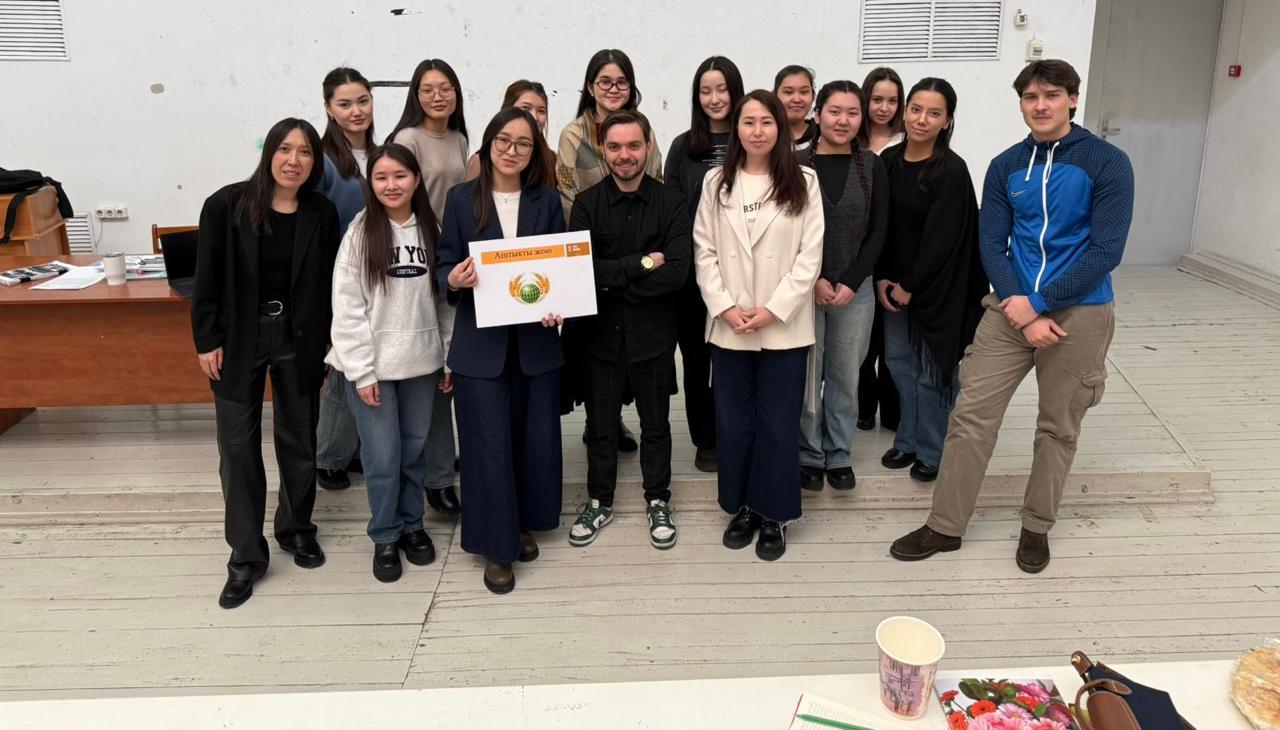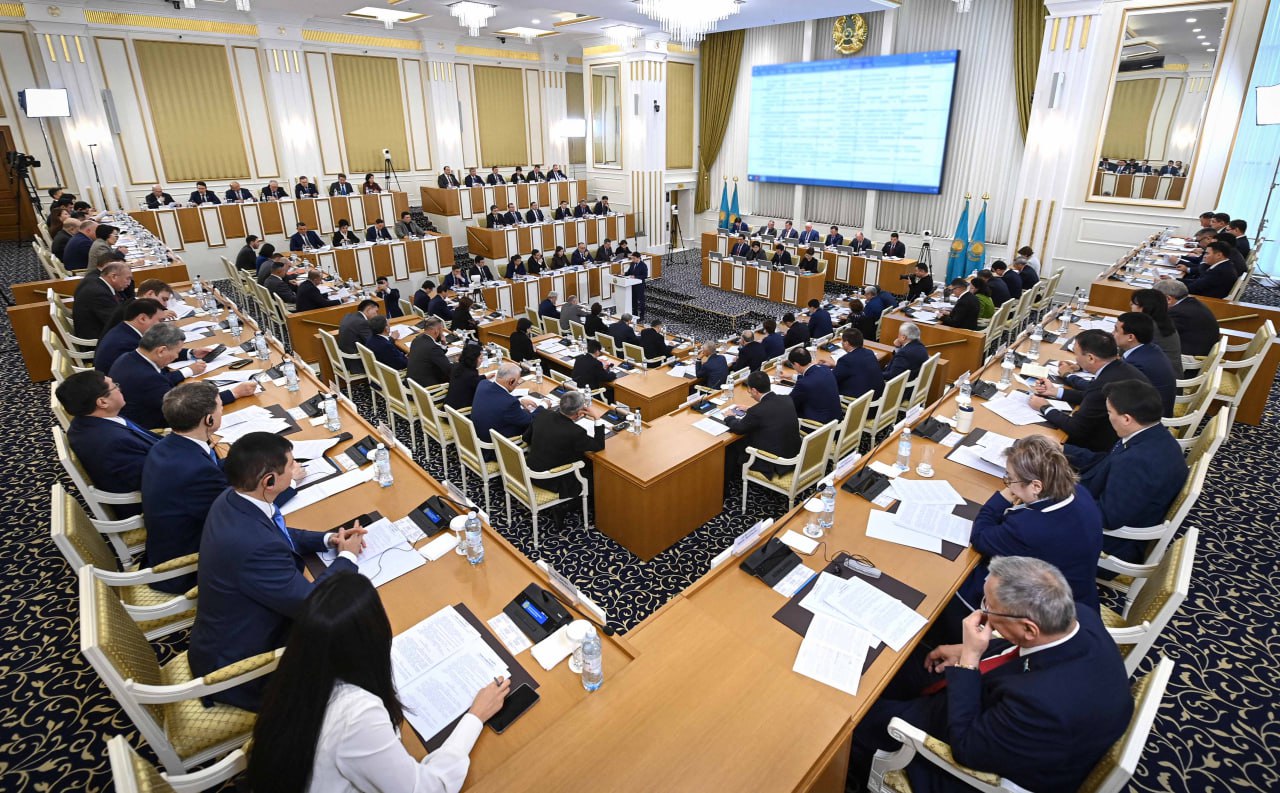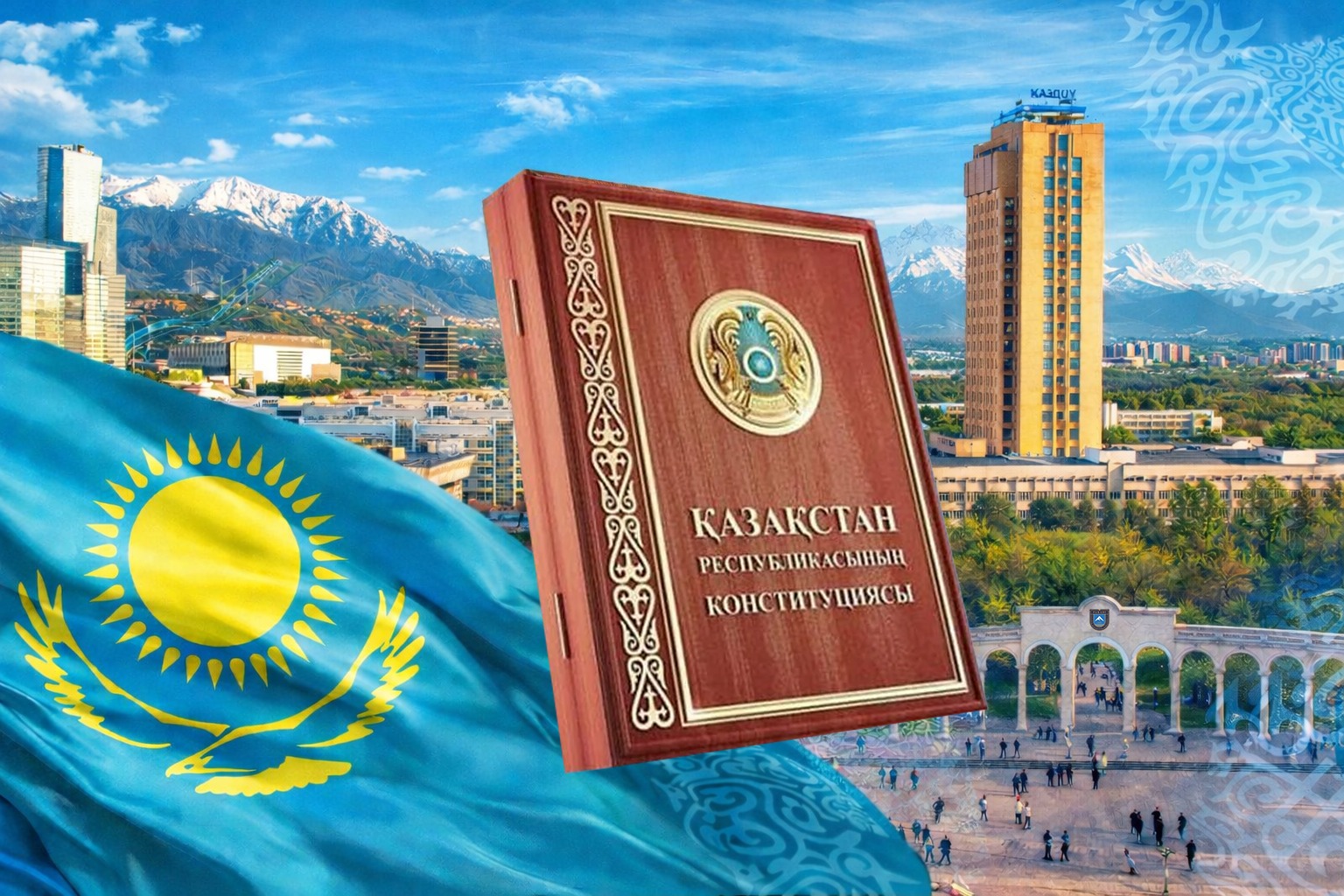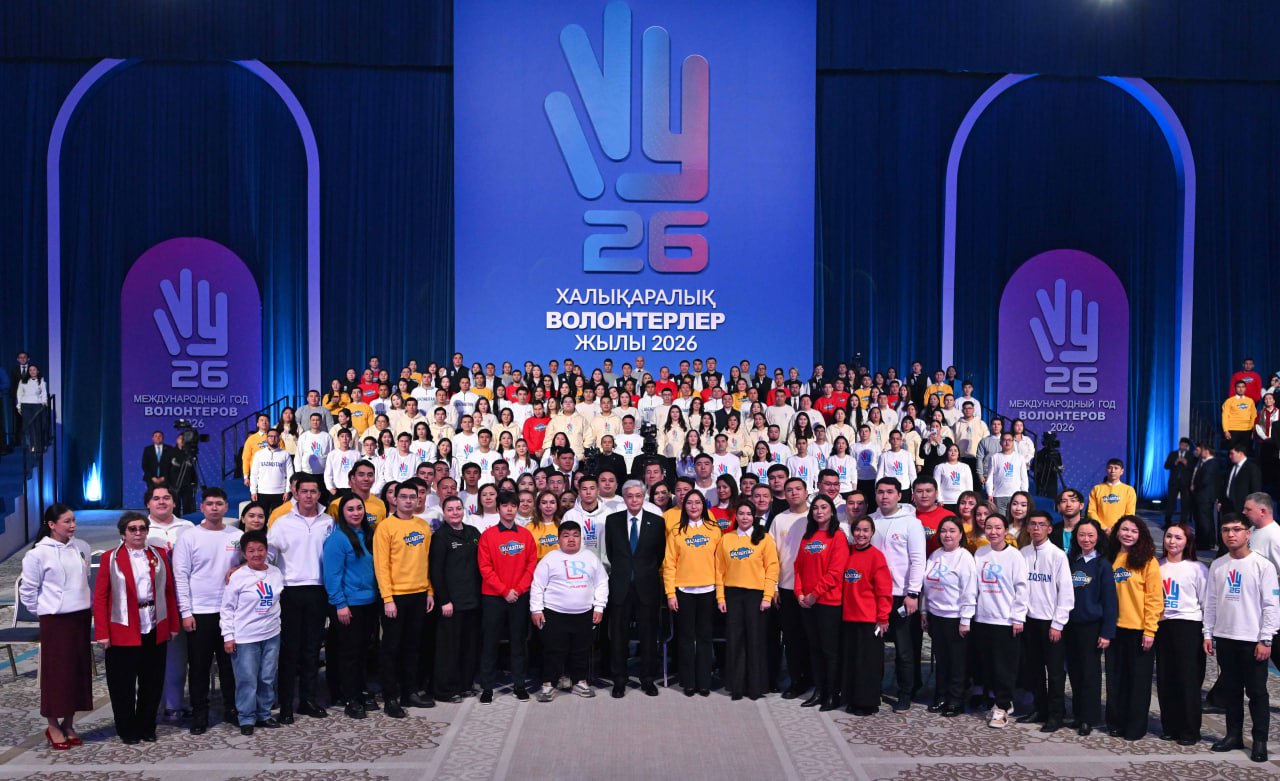
On February 5, 2025, at 17:00, the Faculty of Philology, the Department of Foreign Philology and Translation Studies held an advisory educational session for еру third-year students of the 6B02304 – Translation Studies major. The event was dedicated to SDG 2: "Zero Hunger." The session was conducted under the guidance of PhD student majoring in Foreign Philology Zh.K. Oraztayeva and the group advisor A.E. Alpysbayeva. The purpose of the educational session was to inform students about global issues related to food security, hunger eradication, and the development of sustainable agriculture, as well as to discuss measures aimed at solving these problems. During the meeting, students conducted an in-depth study of the issue of hunger and examined its global status. In particular, discussions included data indicating that by 2030, approximately 600 million people worldwide may experience hunger, that from 2015 to 2019, 15.2% of the world's countries faced a sharp increase in food prices, that in 2020, this figure reached 48.1%, and in 2021, it was 21.5%. Additionally, it was noted that one in three people globally suffers from moderate or severe food insecurity, that since 2000, there has been no significant progress in reducing anemia, especially among women aged 15-49, where the prevalence of anemia has remained consistently around 30%. According to 2022 data, 148 million children suffer from stunted growth due to poor nutrition, 45 million children are underweight, and 37 million children are overweight. Key initiatives and goals aimed at eliminating hunger included the complete eradication of hunger by 2030, ensuring year-round access to safe and nutritious food for all people, especially socially vulnerable groups, reducing the prevalence of stunted growth and wasting among children under five by 2025, meeting the nutritional needs of adolescents, pregnant and lactating women, and the elderly, improving the conditions of small-scale food producers in agriculture, including women, local populations, and family farmers, preserving ecosystems through the implementation of sustainable food production systems, strengthening adaptation to climate change, attracting investment in rural infrastructure, agricultural research, and technological development, eliminating trade restrictions in agricultural markets, and ensuring food price stability. The event aimed at increasing the students' social responsibility and encourage them not to remain indifferent to global issues. As a result of the meeting, the students knew about the role of each individual in addressing global challenges and were motivated to take active steps.


